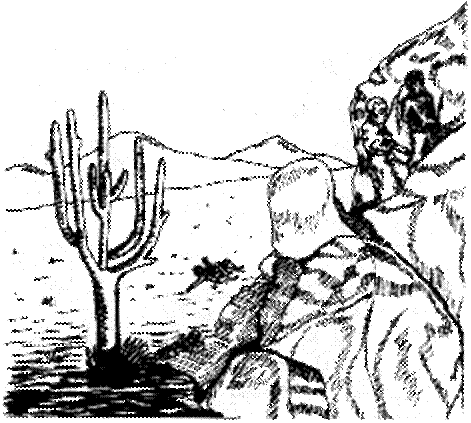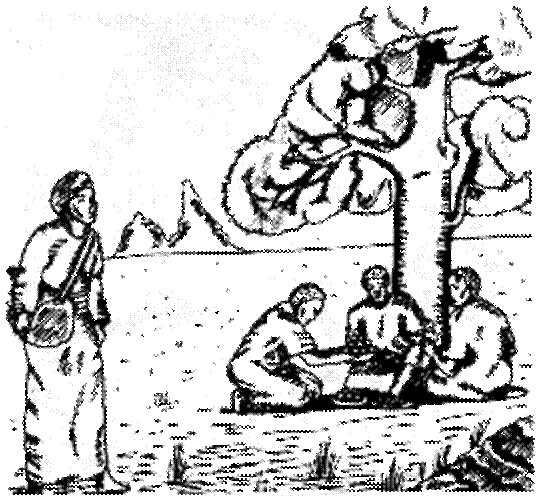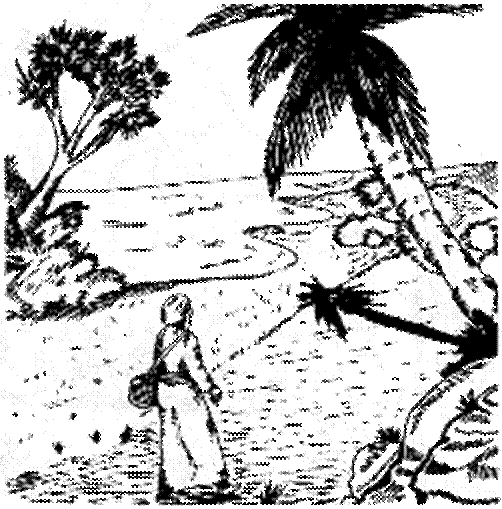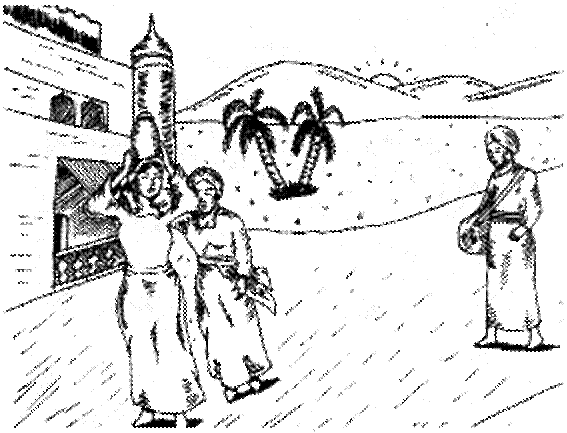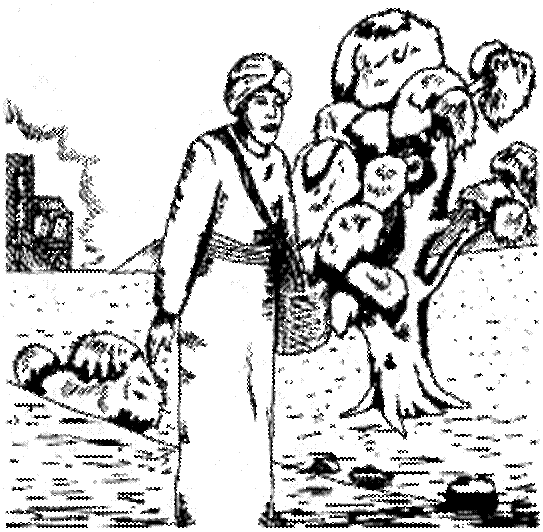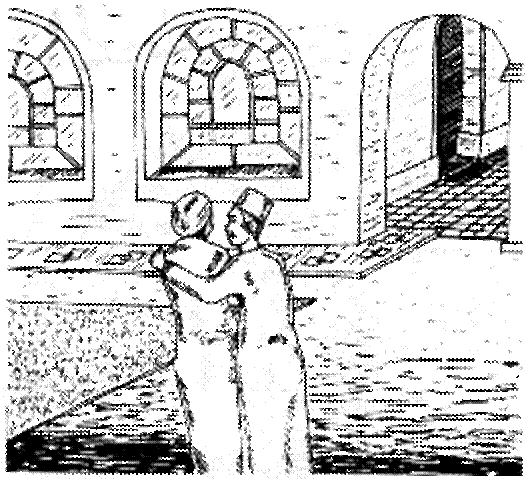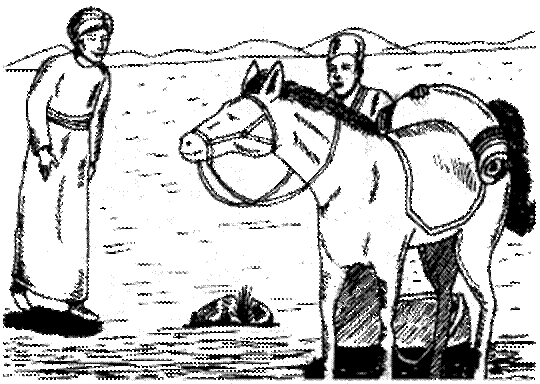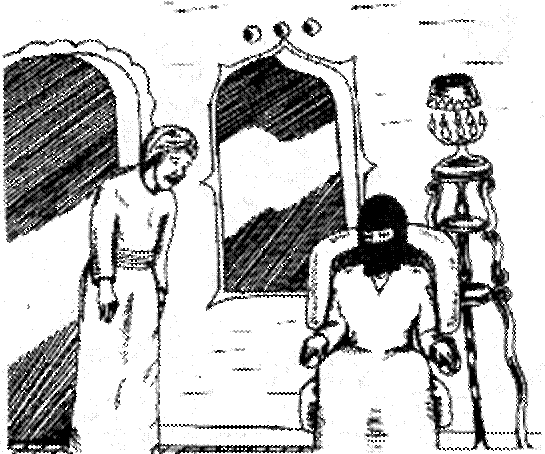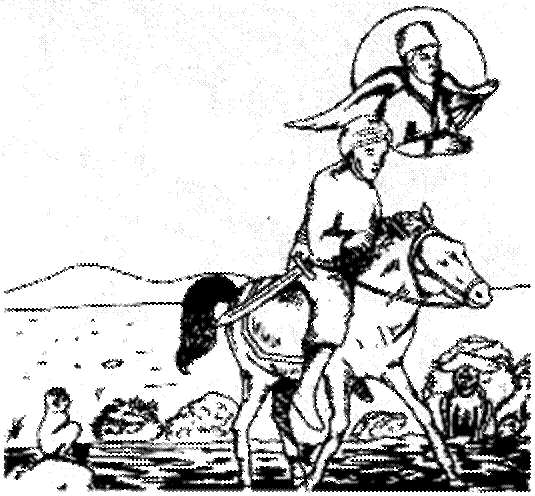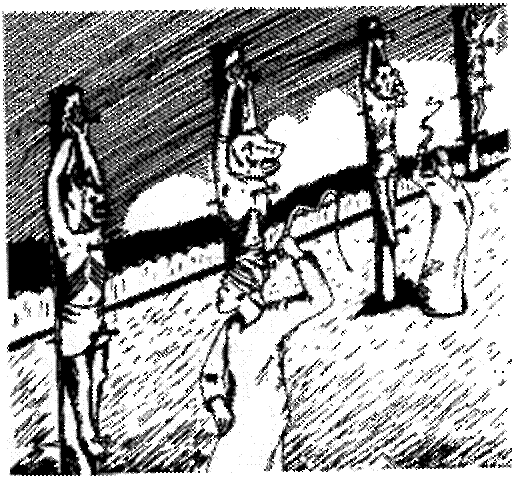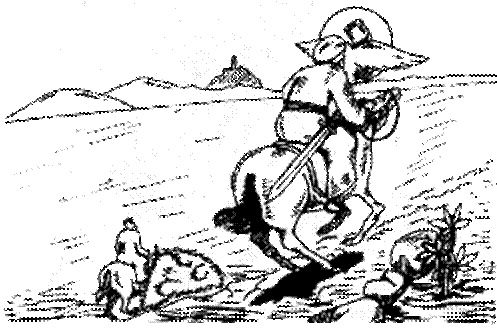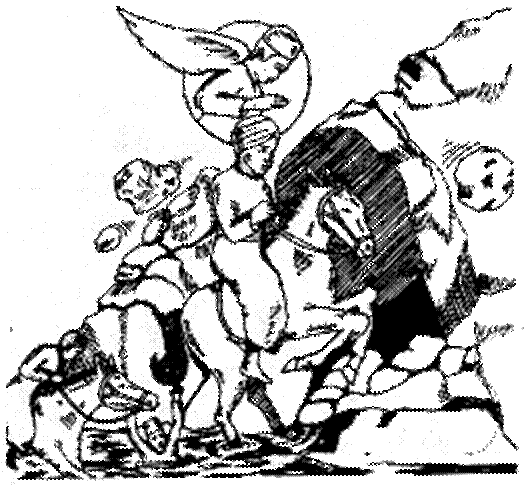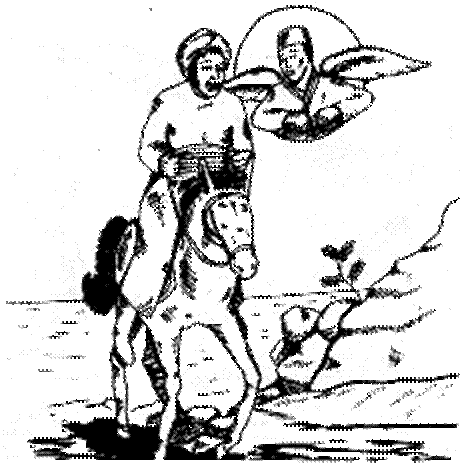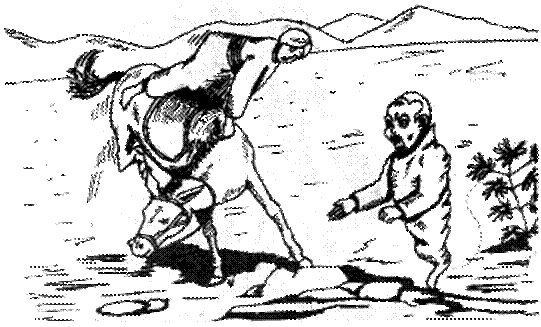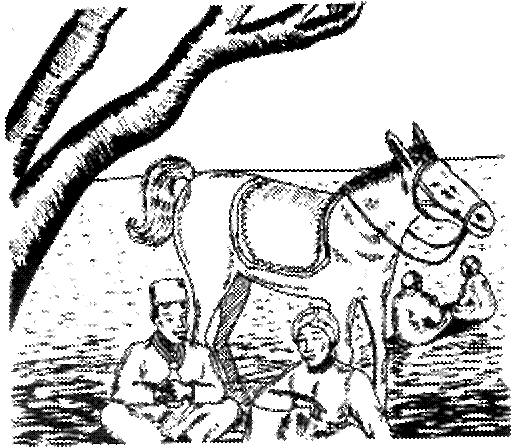
He tempted me into a “short cut” and I left the main road. This proved to be more difficult, full of ditches, dirt and thorns with many snakes and scorpions. The unbearable heat made me very thirsty, but my companion laughed and seemed to enjoy my plight.
On an open ground, we saw some watermelons which he ate with relish and also offered me some. “It is somebody's property and hence it's not right to eat this without permission.” He tempted me again saying, “Don't be so pious. The Qur'an says, “Whoever is driven to necessity, not desiring nor exceeding the limits….” I fell into his trap again and bit into the fruit. To my horror, it was so bitter that my mouth and throat hurt.” Watermelons of Satan and Ignorance!” I thought.
 0%
0%
 Author: Hujjatul Islam Najafi Quchani
Author: Hujjatul Islam Najafi Quchani































